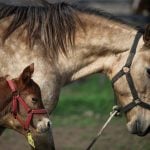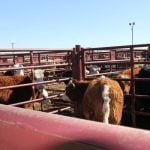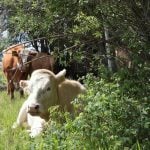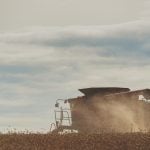Quebec’s first-ever ag policy paper calls for the province’s farmers to vote in a referendum on whether to break the monopoly of their general farm organization, la Presse canadienne reports.
Citing a copy of the province’s still-unreleased “Livre vert” (green paper) in an article Friday, the French-language arm of the Canadian Press news agency suggested if enough farmers were to approve the idea of certification for ag groups of their choice, it could spell the end of the Union des producteurs agricoles (UPA) as Quebec’s overarching farmer lobby group.
Read Also
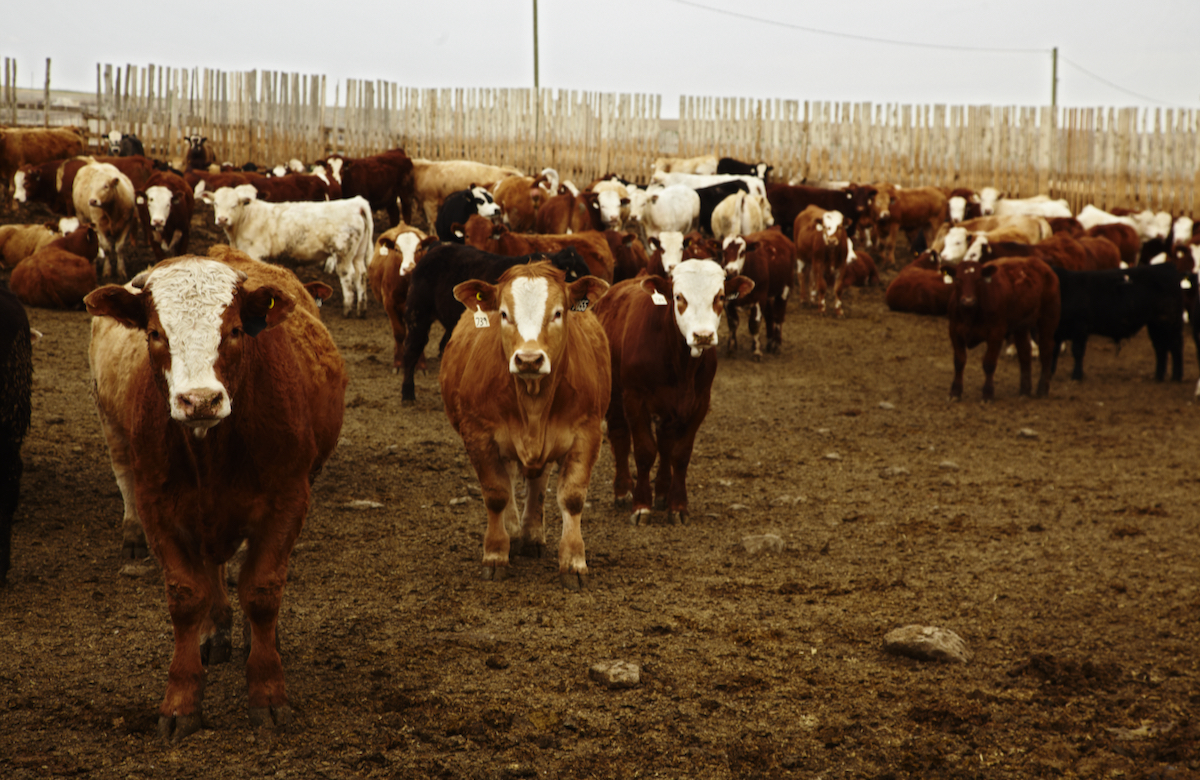
U.S. livestock: Cattle at fresh highs, hogs weaken
Cattle futures on the Chicago Mercantile Exchange climbed to fresh highs on Tuesday, as tight supplies and the ongoing closure…
The province’s long-awaited ag policy must be released sometime this year and would be the subject of consultations before it’s enshrined in any kind of legislation, the news agency said.
Such a move by the province would take one of the more controversial recommendations from the 2008 report of the provincial commission on the future of agriculture and agri-food in Quebec, and put the decision in farmers’ hands, la Presse canadienne wrote.
The commission, led by former senior provincial bureaucrat Jean Pronovost, wrote in 2008 that the province’s ag sector had become so closed in by its regulations, systems and structures that “they are in danger of literally suffocating it.”
Pronovost’s report also urged “pluralism in agricultural organizations” by ending the UPA’s monopoly.
“Cohesion”
Responding to la Presse canadienne’s article, the UPA warned in a release Friday that “fragmentation” of farmers’ power goes against their interests.
The group said it now claims the voluntary support of 95 per cent of Quebec’s farmers, across all production sectors and regions.
But the group said it also supports the principle of freedom of association. If, UPA said, any other ag group can prove it has the support of over 50 per cent of the province’s farmers, it could legitimately seek certification in the same manner as UPA.
But the group also asked in the release who would profit from the weakening of the ag lobby, suggesting it would be the “giants” with the resources to fix the rules of the game, not farmers.
Now is the time for “cohesion,” the group said, in a way that reinforces farmers’ collective strength while maintaining a human face on the ag sector.
“It’s a question of food sovereignty,” the UPA said.









